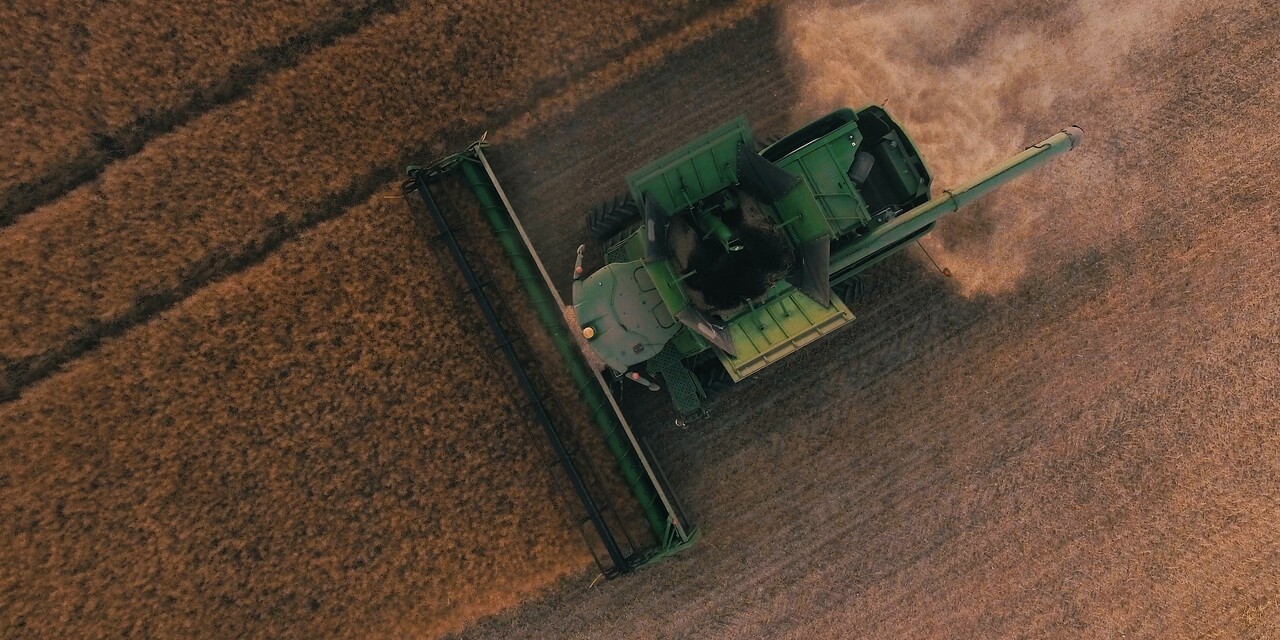
Meet the Member: Co-op
Founded in 1844, the Co-op is a member-owned retail and buying group, with further businesses in areas including funeral care, general insurance and legal services.
With around 70,000 employees, the business has a group turnover of £11.5 billion a year. In the food retail division, the co-operative works with around 3,000 suppliers, and is proud of giving around £15 million to local good causes each year.
As one of fiin’s long-standing members, we spoke to Nick Cornwell, head of food technical at Co-op, to hear how the retailer is working to better tackle potential food fraud risks.
“Being the world’s largest convenience retailer of Fairtrade products with an extensive Own Brand proposition, traceability and sustainability is extremely important to us and central to our work,” explains Nick.
“We exclusively use UK meat, poultry and eggs in all of our chilled and frozen own brand products, both as a product and an ingredient. The authenticity of our own brand products is sacrosanct. Over the years we have invested a lot of time, energy and resource into securing the integrity of products so that we can provide consumers with the confidence that our own brand products are what they say they are and do what they say they’ll do.”
Food fraud still presents challenges to retailers and suppliers, and Nick adds that the risk of food fraud has never been higher, particularly in the aftermath of Covid-19.
“Although our stores are exclusively in the UK, we source products from around the world. Developing world economics have been hit a lot harder by the pandemic, so the predicted recovery is going to be a lot slower as a result. People disadvantaged by the by the pandemic will have to make a living in whatever way the can, while others will look to profiteer meaning the potential for fraud, and consequently food safety, will be a serious challenge for years to come.”
With food businesses across the UK presented with authenticity challenges, Nick explains this is where he really sees the benefits of fiin membership.
“The advice and guidance provided by fiin’s technical steering group, which brings together a number of specialists in retail and supply chain to look at particular issues, really helps provide clarity and increase our understanding of potential food authenticity issues,” he explains.
“One of the issues prevalent in UK media at the moment is honey authenticity, and the various pros and cons of the available testing methods. This is because the natural variations of sugar in honey from different parts of the world can result in false positives. fiin is helping us by coordinating input, queries, and the concerns of its members into the UK regulators to drive action and consistency of approach so we’re better placed to identify where we may have real authenticity challenges.”
Collaborative approach
Although the UK is at the forefront of food defence and has excellent prevention strategies in place, food fraud is an ever-changing beast which means businesses need to continue to work together to identify potential risks.
“fiin provides an opportunity for retailers, wholesalers, food service businesses and suppliers to work collaboratively in a non-competing way on non-competing issues that effectively contribute to food defence in the UK. As food businesses, we use fiin to provide us with a better understanding of how testing, for example authenticity and surveillance testing, is working across the UK and what kind of threats are emerging. It’s a crucial body which brings us together with the common goal of protecting the consumer,” he says.
“We know food fraud is out there, we see evidence of it happening across the world. I think if you’re a food business and you’re not identifying food fraud or challenges within your own supply chains then you’re probably not looking in the right place or not investing in the right areas to protect the integrity of your brand. Being a member of fiin can help you target where you focus your energy and investment, and learn from others in the industry facing similar challenges.
“You could easily get quite complacent if you test but don’t find – that’s why it’s essential to keep on top of the intelligence as it emerges, adapt your testing regimes accordingly and be unpredictable. Coming together with like-minded businesses under the fiin umbrella is a real benefit allowing you to share issues, intelligence and see where testing is trending and what issues are being uncovered. You can then take this knowledge back to your own supply chains and collaborate with your suppliers to improve the food defence for the brands you’re accountable for with greater confidence.”

